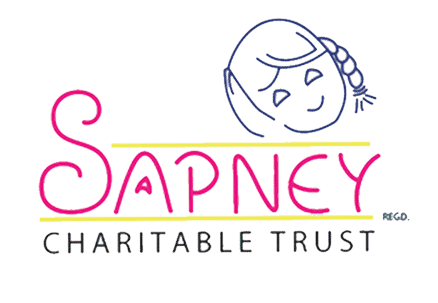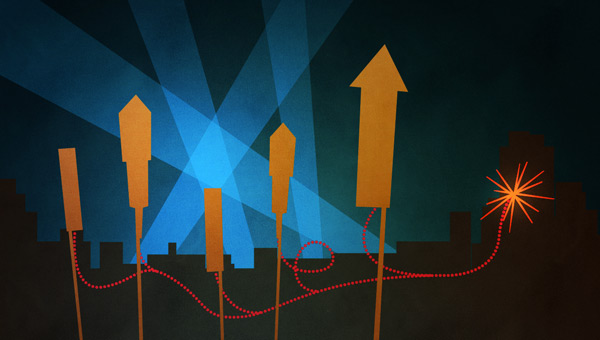Play Schools
Interview with Dr. Sushma Mehrotra, Child Psychologist
These days some children are sent to ‘school’ from the time they are 12-14 months old. This is a new trend and parents of the old school often wonder what these ‘babies’ could possibly learn when they have just begun to walk and talk. Many parents feel that they turned out quite all right without having attended any play school. Other skeptical parents believe that this is just another gimmicky idea that will only put further pressure on today’s children. While it is true that children today face tremendous academic pressure, skeptics will be pleasantly surprised to learn that the concept of a play school has nothing to do with academics at all.
What is a play school
What is the concept of a play school? A play school is a place where around 10-20 children spend 1-2 hours each day under the supervision of a couple of teachers. “The supervisor-child ratio should ideally be around 1:10” says Dr. Sushma Mehrotra, an experienced child psychologist.
She believes that play schools have a lot to offer, and that the play schools should not be aimed at developing academic skills like reading and writing. She also says there should be no set goals or any stress on performance; the focus should be on the sensory-motor development and the social development of the child. She is very much an advocate of play schools since they develop age-appropriate behavior at the right time.
How do play schools operate
How do play schools go about achieving this goal? Dr. Mehrotra spoke of a play school in Pune that even helped mothers toilet-train their children. She said, “Every child brought its potty to school and was trained by the supervisors to use it. At this stage, children learn best by observation. At home, this kind of learning is not at an optimum level. In a play school the supervisors focus on teaching children the age-appropriate behaviors through observation and imitation.”
Anupama Sen has just started taking her one-year old daughter to a play school. She says,” The school has a language and listening room, a motor skills room and a drama and theater room. In the motor skills room for instance, children are made to pour water from one tumbler into another and then repeat this exercise using a funnel. Another activity is ‘fishing’. Here, children are given magnetic rods using which they ‘fish’ for cardboard fish with metal tags. In the drama and theater room, nursery rhymes are enacted and the children participate in role-play exercises.”
To be continued… (watch out next series for benefits of playschools and other interesting stuff)
Article courtesy: http://www.indiaparenting.com





